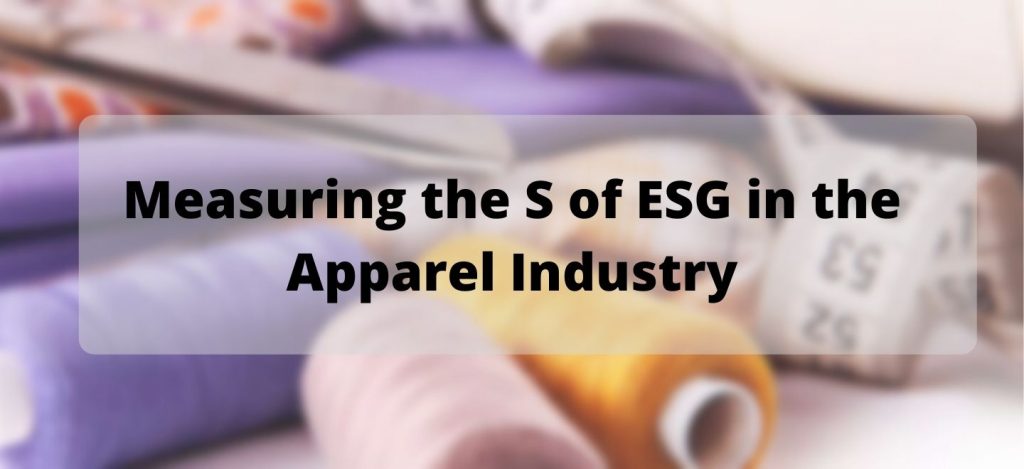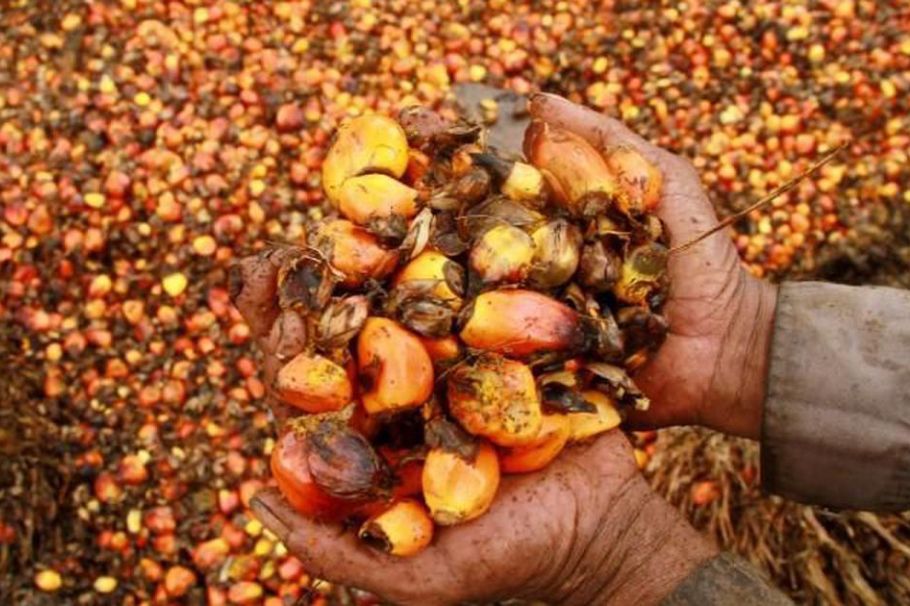Studies have suggested that environmental, social, and governance factors impact business performance, and there is a growing interest of stakeholders to integrate ESG factors into business[1]. Businesses need to focus not only on mitigating risk but also on contributing towards the global environmental goals, act socially responsible and become more inclusive and diverse.
The apparel industry is complex and fragmented with long supply chains that are often opaque as we reach the last tier. This nature of supply chains can often lead to concerns around the behaviour and contribution of manufacturers and suppliers, towards environment, employees, and community. The increasing scrutiny of stakeholders of environmental and social concerns not only causes serious reputational damage to business but oftentimes a supplier may lose their business when a leading retailer or brand discovers that a supplier is not living up to their values and expectations. In other words, issues such as human rights violations, environmental ruthlessness or other ethical infringements have the potential to have a negative impact on business as the company’s actions are increasingly influencing stakeholders and their interactions with shareholders and their demands[2].
The environmental issues have received a lot of attention, and the governance issues are covered by laws under which the businesses are already operating. Businesses are often left with the question of what the ‘S’ of ESG entails for them as well as how it can be implemented and measured. The social dimension covers issues on human rights, labour, health and safety, working conditions, employee benefits, diversity and inclusion, consumers and community at large[3].
Incidents at Rana Plaza and other similar instances have highlighted the importance of the social dimension for the apparel industry. Though after the Rana Plaza incident the apparel businesses are actively integrating ESG issues in the business strategy, the industry is still plagued with many labour and human rights issues. To name some, health and safety issues, lack of adequate sanitation facilities, gender pay gaps, abuse and harassment, no social security benefits, frequent over time, low or no employment of women at supervisory or managerial roles, wage rate below living wages, no formal employment contracts are often observed in the industry.
All these issues can clearly be categorized under different heads of ‘S’ as mentioned above. The reason for the existence of social issues in the apparel supply chain can be attributed to the long supply chains as it is difficult to capture these issues till the very last mile. It is also important to highlight that suppliers often find themselves in the crossroads of maintaining price pressures and sustainability pressures.
In the myriad of challenges faced by businesses, integrating social issues seems like a puzzle with many pieces. Identifying key material issues, implementation and measuring impact requires technical knowledge, financial cost and time. In addition to this, the indicators for social issues are difficult to quantify[4]. In an attempt to resolve these issues and increase the adoption of social sustainability, many voluntary standards and frameworks have been developed. However, these tools being developed in the global North, are not able to capture the cultural and management context of South Asian countries, leading to compliance being just a tick box exercise.
The solution to these challenges requires a deeper understanding of the sustainability issues and developing multi stakeholder partnerships. There is a need to involve the relevant stakeholders in not only project implementation but also in policy development. To conclude, sustainability is for the people- the shareholders and the stakeholders and no goal can be achieved without involving the people.












































































































